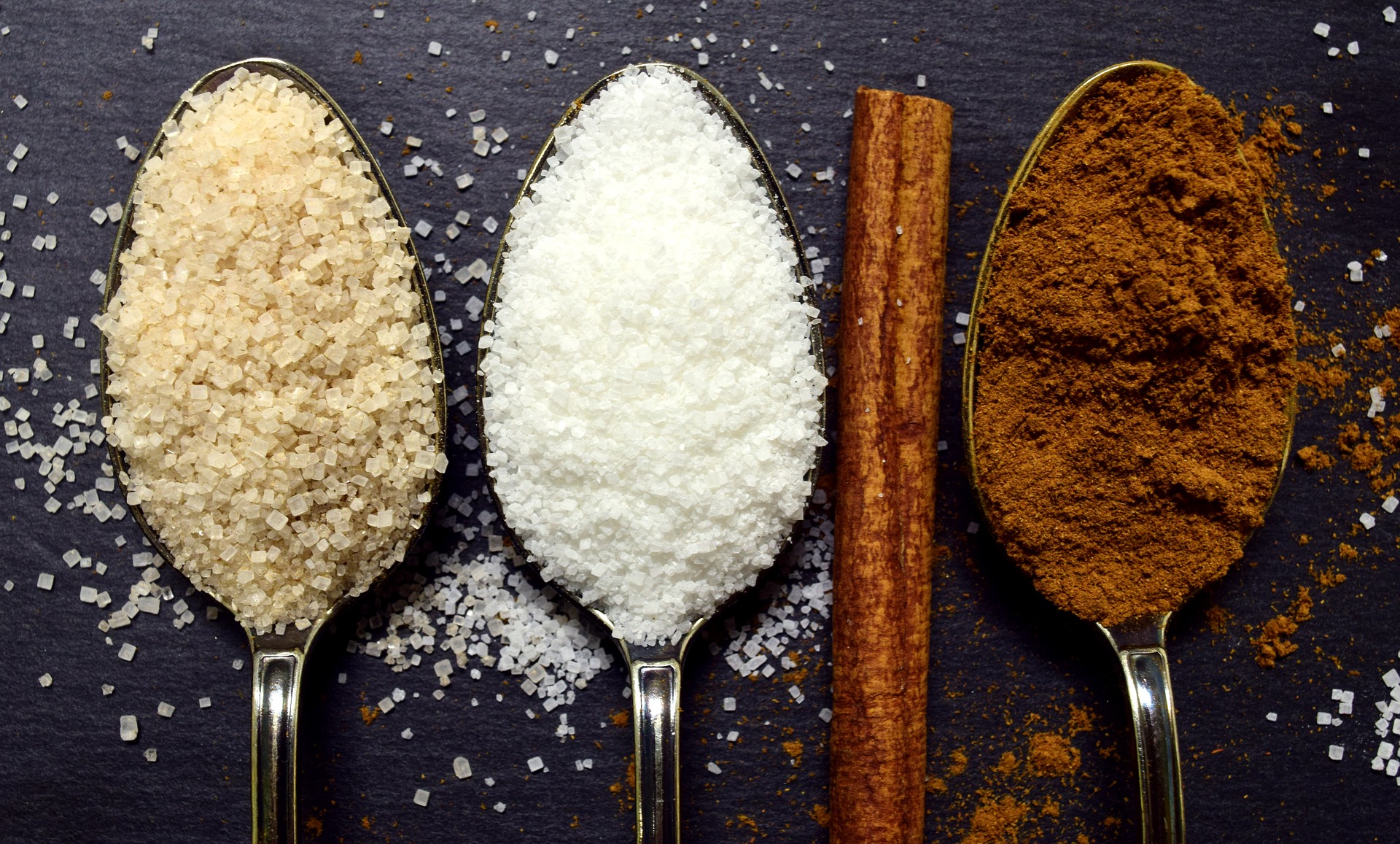Are you tired of belly fat? Belly fat is more than a nuisance, it is more harmful than many people realize. It not only makes your clothes feel tight but may increase the risk of type 2 diabetes, and heart problems.
Losing belly fat is extremely difficult, but it can be much harder if you are doing it wrong. There are many things that you do for losing weight that can actually increase your belly fat. In this article, we have listed the most common mistakes you should avoid. Have a look!
Not Getting Enough Sleep:

The most common mistake is staying awake at night. Whether you are having late-night coffee or scrolling through Instagram or Facebook. When you don’t get 6 to 8 hours of sleep every night, you will feel tired the next morning. You will not have the energy to keep up with everyday chores. Additionally, this will have an adverse effect on your weight. Instead of losing weight, you will be gaining weight.
This is because when we are sleep deprived, the hormones are not balanced. It has a direct impact on our hunger. The hormones that affect our hunger levels are leptin and ghrelin. Ghrelin makes us hungry while leptin promotes the feeling of fullness. When we have a lack of sleep, ghrelin levels increase and leptin level decreases.
It indicates that when we are awake, we will be eating more and feeling less satisfied. This is why you should go to sleep early and keep your hormones balanced.
Eating Too Much Sugar:
Losing weight becomes challenging when your diet includes a lot of sugar content. When you are trying to lose belly fat, you must keep a check on the calories and sugar you are intaking. You must avoid drinking sugar-sweetened drinks, sports drink, and other sugary foods.
Though many people tend to eat plenty of fruits and vegetables when losing weight, it is not a great approach. This is because fruits and vegetables havea high content of natural sugar. Many people even consume low-fat foods, such food also have high sugar content. So, it is advised to check the food label before using them.
Doing Crash-Dieting:
Though crash diets can help you lose weight in the start, it will not help keep the weight off. You need to keep in mind that intaking few calories can do more harm than good. This is because when you have low-calorie intake, your body will enter starvation mode. It will slow down the metabolism that makes it harder to lose weight.
You must try and keep the intake of carbohydrates to a minimum. When you will reduce the carbohydrates intake, you will be able to reduce your belly fat. If you want to make healthy changes in your eating habits, this menu will tell you what you should eat to lose weight.
Therefore, these are common mistakes made by people when trying to lose belly fat. You should gradually make changes to your lifestyle and habits to starting losing weight effectively.
Read Also:
























